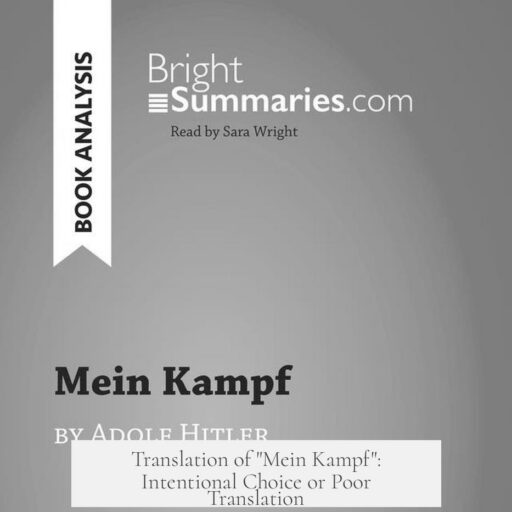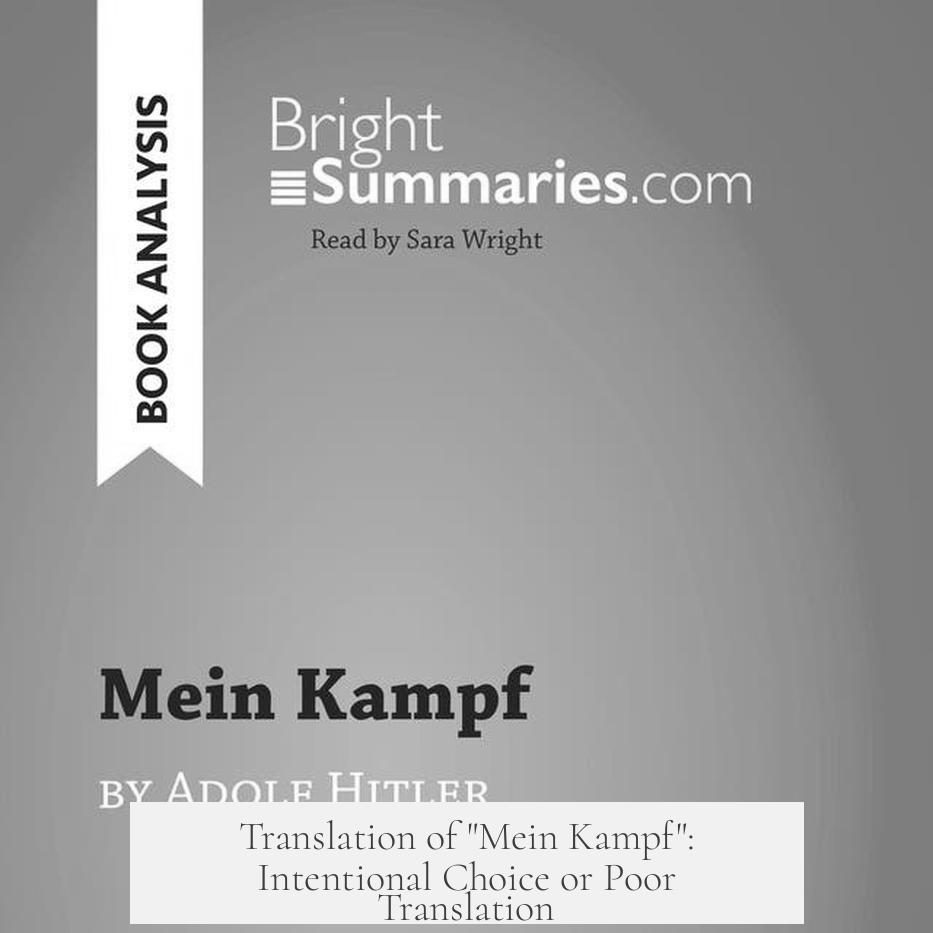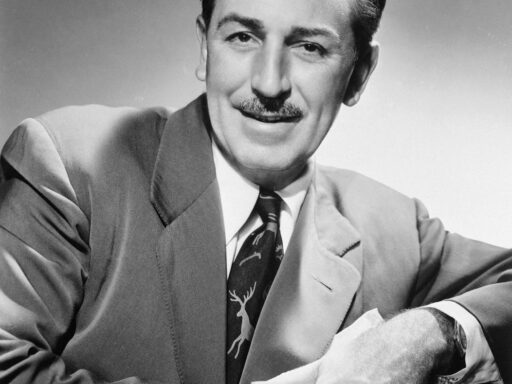The typical translation of “Mein Kampf” as “My Struggle” is an intentional and contextually accurate choice by the publishers, not simply a poor or careless translation. The German word “Kampf” encompasses a range of meanings related to struggle and conflict, but usually suggests ideological or political challenges rather than physical combat. Translators and scholars agree that “My Struggle” best captures the nuance Hitler intended in the book’s title, reflecting his political adversity and personal efforts.
The title “Mein Kampf,” directly translated, means “My Struggle,” with “Kampf” literally referencing struggle, fight, or combat. Yet, the term in this context leans away from aggressive warfare or battle. While “Kampf” can mean “fight,” it rarely means “battle,” and never exactly “war.” The word encompasses a broader idea of wrestling with adversity, ideas, and opposition. It reflects Hitler’s framing of the ideological and political battles he believed Germany and he personally fought during the 1920s.
Hitler wrote the book during his imprisonment after a failed coup attempt. The tone and content reveal his bitterness and political anger, but also ideological struggle with perceived enemies—lies, stupidity, cowardice—as alluded to in the book’s original, much longer title: “4 1⁄2 Jahre Kampf gegen Lüge, Dummheit und Feigheit. Eine Abrechnung” (4 1⁄2 Years of Struggle against Lies, Stupidity and Cowardice. A Reckoning). Publishers shortened this to the more memorable “Mein Kampf” for marketing reasons.
The choice to shorten and simplify the title served ideological and psychological purposes. A title like “My Struggle” invites internal reflection and passive engagement with Hitler’s ideas, making it easier for readers, particularly younger audiences, to connect with and absorb the party line. “My Fight” or “My Battle” would imply more active, physical participation and conflict, which might alienate passively receptive readers.
Ralph Manheim, responsible for the most widely read English translation, is regarded as one of the great translators of the twentieth century. Manheim’s translation carries significant credibility. He aimed to preserve the original tone and intent rather than impose a more literal and potentially misleading meaning. His choice to render “Kampf” as “Struggle” respects the ideological and political nuance that Hitler conveyed. Manheim also translated literary works such as The Neverending Story, demonstrating his skill in balancing literal accuracy with literary and contextual fidelity.
| Aspect | Explanation |
|---|---|
| Literal translation of Kampf | Fight, combat, struggle; rarely battle, never war |
| Connotative meaning in title | Ideological and political struggle, personal adversity |
| Original full book title | 4 1⁄2 Years of Struggle against Lies, Stupidity and Cowardice. A Reckoning |
| Reason for shortening title | Marketing and ideological internalization |
| Translator | Ralph Manheim, renowned 20th-century translator |
In summary, “My Struggle” is not a careless or misleading translation. Instead, it reflects an informed, deliberate decision to convey the political and personal challenges Hitler described. It captures the essence of the ideological conflicts rather than physical wars. The abbreviated book title supports propagandistic aims by making the concept accessible and memorable to the intended readership.
- “Mein Kampf” translates most accurately as “My Struggle,” emphasizing ideological rather than physical conflict.
- The original longer German title highlights a broader struggle against societal flaws, shortened for ease of use.
- Ralph Manheim’s translation is respected and deliberate, not a poor or biased rendition.
- The title’s phrasing supports psychological accessibility and internalization of Hitler’s ideology.
- “My Struggle” avoids connotations of active fighting, which “fight” or “battle” would imply.
Was the Typical Translation of “Mein Kampf” as “My Struggle” an Intentional Act by the Publishers, or Just a Poor Translation?
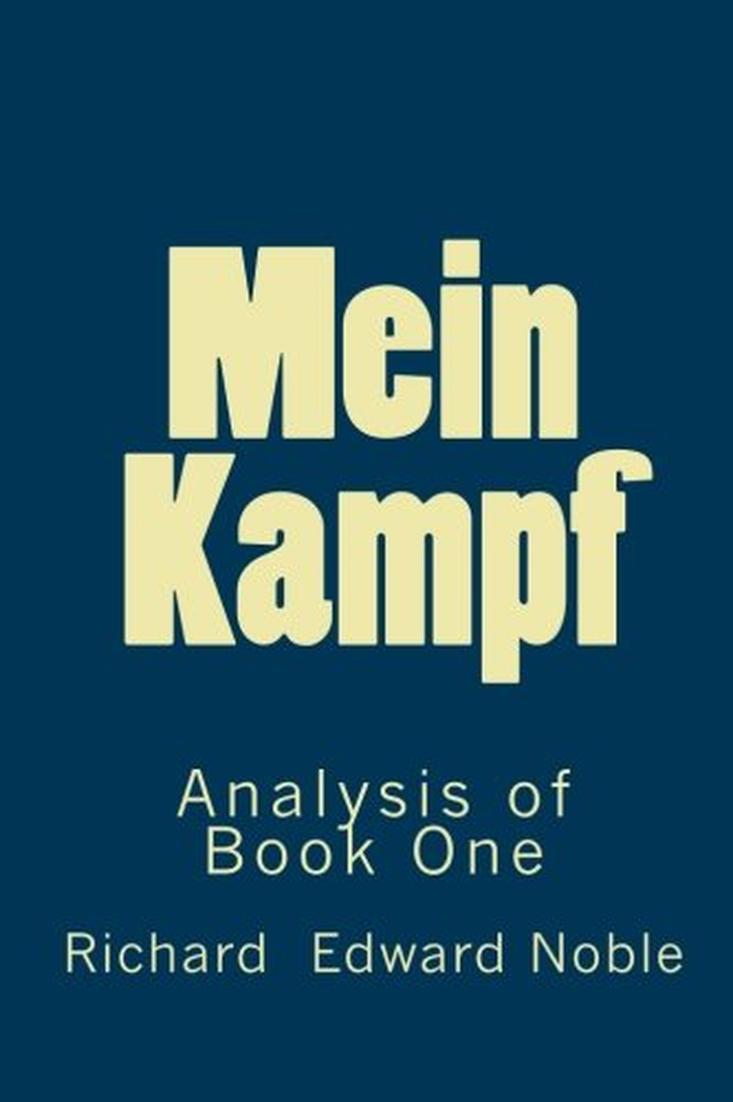
The standard English rendering of “Mein Kampf” as “My Struggle” is not a slip-up or a mistranslation—it’s a well-thought-out, intentional choice that captures the nuanced meaning of the original German. Let’s break down why that’s the case, peel back the layers of language, history, and publishing strategy, and settle the debate: was it a blunder or brilliance?
If you’ve ever wondered why “Mein Kampf” isn’t “My Fight,” “My Battle,” or certainly not “My War,” you’re not alone. These more aggressive translations sound like something from an action movie script, but they miss the deeper context that made “My Struggle” the best fit.
Understanding the Word “Kampf”: More Struggle Than Fight
At first glance, the German word kampf does suggest fighting. But hold on—translate thoughtfully, and it’s a different story. The term doesn’t merely mean punching or physical combat. It leans more toward ideological and political challenges, internal conflict, and resistance.
German builds meaning contextually. Here, “kampf” isn’t about soldiers clashing swords, but rather about the personal and political hurdles Adolf Hitler faced in the 1920s. It’s his grappling with the existing government, his ambitions, and the societal turmoil of the Weimar Republic era.
Consider this: Hitler penned “Mein Kampf” while imprisoned for his failed coup attempt, fuelled by bitterness and frustration—not a call to immediate battlefield violence. The title frames his experience as a mental and ideological struggle, not a physical war.
Why “My Struggle” Hits the Mark Better Than “My Fight” or “My Battle”
Could “My Fight” work? It does, but it hints at physicality, which isn’t quite right. “Battle” or “War” ramp up the militaristic tone too much. “My Struggle,” in contrast, embodies hardship and persistence without necessarily implying brute force.
Interestingly, “struggle” might hint at a sense of vulnerability or looming failure, which the German term doesn’t strongly express, but overall it aligns better with the intended meaning.
Ralph Manheim, recognized as one of the 20th century’s finest translators and the man behind the most widespread English version of the book, picked “My Struggle” deliberately. His skill and understanding of both languages played a major role in choosing a title that reflected the spirit rather than the exact literal word.
From a Mouthful to a Mantra: The Role of Publishing and Marketing
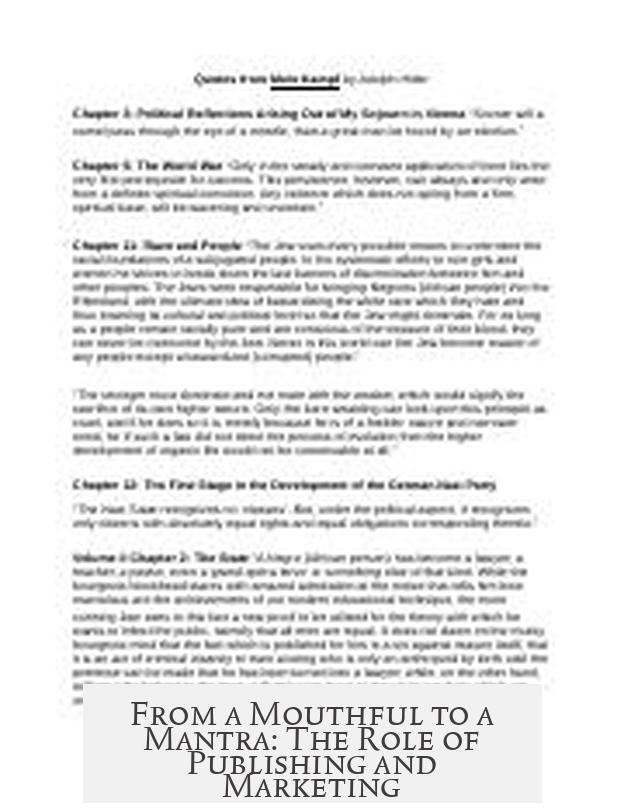
Before we get too cozy with the title “Mein Kampf,” it’s worth noting the original German was a jawbreaker: “4 1⁄2 Jahre Kampf gegen Lüge, Dummheit und Feigheit. Eine Abrechnung” — which translates to “Four and a Half Years’ Struggle Against Lies, Stupidity, and Cowardice. A Reckoning.”
Publishers wisely shortened it. Titles need to be punchy and memorable, especially when targeting young audiences ripe for radical ideas. “My Struggle” is concise, internalizable, and allows a passive acceptance of the ideology Hitler pushed.
Word choice matters: a “battle” might sound like you have to actively pick up a sword, while a “struggle” keeps the door open for passive involvement, quietly absorbing the ideology through mental and emotional channels.
Meet the Translator: Ralph Manheim
If you’re thinking this translation sounds fishy, think again. Ralph Manheim was no rookie. This veteran linguist commanded a deep grasp of German and English idioms. His translations are respected globally.
Fun fact: Manheim also gave us the English version of The Neverending Story. So, he knew how to translate complex ideas without losing the essence. When he chose “My Struggle,” he did so with precision and care, not carelessness.
Why This Matters Beyond Linguistics
Understanding why “Mein Kampf” became “My Struggle” reveals much about language, ideology, and history.
- It illustrates how translation isn’t just swapping words but conveying meanings shaped by culture and context.
- The title’s evolution shows how propaganda and marketing harness language to shape audience reception.
- It debunks misconceptions that the phrase was softened or sanitized purposely—rather the opposite, it stays true to the tone Hitler intended.
- We glimpse the mindset fueling Hitler’s early days, highlighting the ideological, not physical, battles he focused on.
So the next time you bump into the title “Mein Kampf,” remember—“My Struggle” is much more than a bland translation. It’s a carefully chosen phrase capturing the ideological fight Hitler waged, not a simple word-for-word exchange that got lost in translation.
Final Thoughts and Reflection
Translations always carry a burden: staying faithful to original meaning while making sense in another language. Here, “My Struggle” does this job expertly.
Is it possible a different title could have altered perceptions? Sure, but the current title aligns closely with the historical and linguistic context. It’s intent, not accident.
As readers, we can appreciate this nuance, and maybe—for a moment—consider the immense challenges translators face, especially with historically charged works. It’s not just language; it’s bridging worlds of ideas.
Which makes you wonder: how many other famous translations are this carefully crafted, quietly shaping our understanding more than we realize?
Was translating “Mein Kampf” as “My Struggle” an intentional choice by the publishers?
Yes, the translation was intentional. It aimed to create a title easy to internalize for readers. The shorter title served marketing and ideological purposes.
Is “My Struggle” an accurate translation of “Mein Kampf”?
“My Struggle” fits well in this context. “Kampf” means struggle or fight, but here it implies ideological and political conflict, not physical battle or war. The translation captures this nuance.
Could “Mein Kampf” have been translated as “My Fight” or “My Battle” instead?
“My Fight” suggests physical conflict, which the original title does not imply strongly. “My Battle” or “My War” would be inaccurate as “Kampf” rarely means battle or war in this context.
Did the original book title differ from “Mein Kampf”?
Yes, the full title was much longer, about 4.5 years of struggle against lies and cowardice. It was shortened for publishing and clarity.
Was Ralph Manheim a credible translator for this book?
Ralph Manheim is regarded as one of the top translators of the 20th century. His translation is respected and carefully considered.
